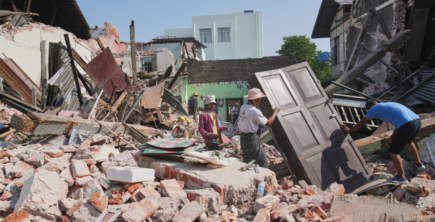
Healthy Individuals & Communities
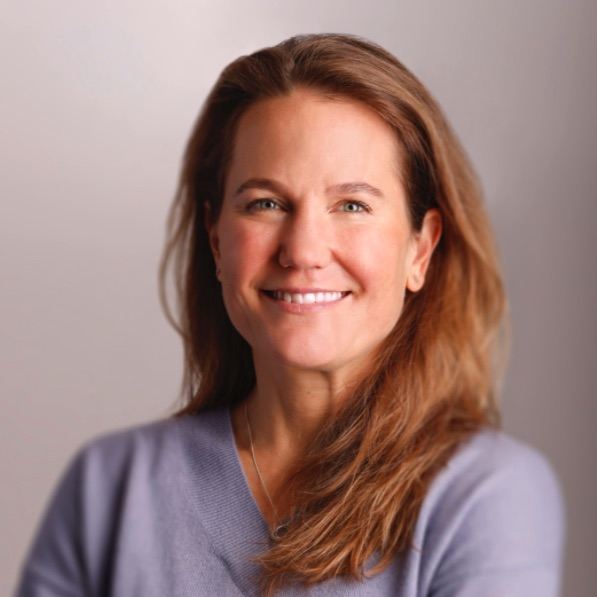
I have always believed that when you are met with adversity and challenge, it is important to meet those challenges with resilience and creativity. This past year has offered everyone the chance to expand their capacity for so many things: how we listen to each other, how we respond to others’ needs, how we show empathy, and how we choose to make a meaningful difference and lasting impact in the lives of others. One of the most creative and dynamic companies I have been given the opportunity to work with through Tides is Unity and the Unity Charitable Fund. I had the chance to speak with Jessica Lindl, General Manager and Vice President of Social Impact and Education at Unity, about the company’s perspective on the challenges of the past year and how it has created change within the social impact program.
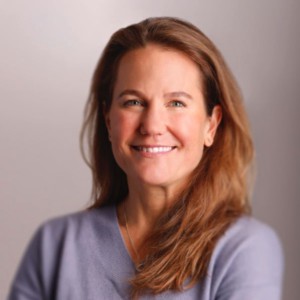
Jessica Lindl, General Manager and Vice President of Social Impact and Education at Unity
Tell us briefly about Unity: What do you do? What is the north star you’ve set for your social impact work?
The work of Unity Social Impact is centered around empowering Unity creators and employees to make the world a better place. Unity Social Impact is multifaceted, and we focus our work on three pillars: education and economic opportunity, digital health and well-being, and sustainability, with inclusion as a key thread woven throughout. We know that many Unity creators are building experiences to raise awareness around global issues, such as racial injustice, sustainability, mental health, and more—and we aim to empower and amplify this critical work.
At Unity, we believe the world is a better place with more creators in it, and that creativity can and should come from anywhere. Unity creators are storytellers, and the stories that shape our world need to be told by an inclusive group.
Unity’s social impact programs were launched during the global pandemic. How have they been influenced or shaped by it? What were some important considerations as you built the programs in the past year?
Unity Social Impact was actually formed in the midst of a global pandemic, a massive recession, and civil unrest—and it involved forming processes, creating structure, and crafting additional strategies around incredible Social Impact-driven work that was already being done across the company. At the time of Unity Social Impact’s inception, Unity already contributed over $1B of in-kind products in order to make Unity as accessible as possible to all creators.

“Not only are virtual events more sustainable, they’re also more inclusive, especially given our global creator base.” (Photo © Kyaw Tun)
In addition to standing up a new social impact division, we planned and organized the inaugural Unity for Humanity Summit, which took place in October of 2020. The event brought together creators, activists, nonprofits, funders, philanthropists, and brands who were harnessing real-time 3D technology to power social impact and real-world change. In planning this event in particular, we realized that not only are virtual events more sustainable, they’re also more inclusive, especially given our global creator base. Lessons similar to this became clear throughout our work in the last year. We continue to make key decisions with our principles and creators at the forefront.
An important aspect of your social impact work is supporting and leveraging your creator community for greater impact. Can you explain who the creators are, and how you do so?
As a global company, we have creators all over the world, from Ohio, USA to Aleppo, Syria. Creators are individuals who are using Unity’s technology to make meaningful change in the world. We see creators as changemakers because their work has the power to influence policies and cultural norms, which often starts with shifting hearts and minds.
At the inception of Unity Social Impact, we created the Unity Charitable Fund to provide the financial mechanism to bring this division’s goals to fruition. The Unity Charitable Fund allows us to directly support current and future Unity creators. By coalescing social impact efforts into its own division at Unity, underpinned by the Unity Charitable Fund, we’re able to have a more direct, positive impact for creators and communities around the globe.
No matter where creators are from, they deserve the opportunity to work with technology to help achieve their dreams.
No matter where creators are from, they deserve the opportunity to work with technology to help achieve their dreams. This is why Unity partners with nonprofits and governments around the world to encourage inclusive education and economic opportunity for individuals and communities.
We here at Tides have been excited to work alongside you to explore innovative ways to advance social impact. Can you share a bit about your thinking around deploying various tools—philanthropy, impact investments, pro bono support—to reach impact goals?

In just four months, Unity employees have supported 550 global causes and have directed $150,000 USD in donations. (Photo © John Schnobrich)
Unity creators choose a variety of business models to drive forward social change—from non-profits to public entities to for-profit companies. We are grateful to work closely with Tides to evaluate and deploy the appropriate funding vehicles for the specific social change we want to support. Through our partnership, we can consider traditional grants for nonprofits as well as PRIs or MRIs when considering charitable activities by for-profit Unity social impact creators.
This year, Unity launched its first Employee Giving Program, which offers 20 annual hours of volunteer time off for employees and a donation matching program. To date, our employees have supported 550 global causes and have directed $150,000 USD in donations just four months into the program.
What has been your most valued takeaway / lesson when launching and implementing social impact work for a unique company like Unity, particularly during a global pandemic?
We stand firm in our belief that the world is a better place with more creators, and that we want to empower creators from all backgrounds. Unity creators are storytellers, and the stories that have the potential to shape our world the most are the ones we hear the least: those told by underrepresented voices. Giving rise to the voices from these communities provides a richer understanding of ourselves—and the solutions that can make the world a better place.
I’d also like to acknowledge that support for creators often comes in the form of funds derived from the value of Unity’s equity. Our hope is to redistribute some of our company’s value back to Unity creators so their voices can shift the world for the better.
I’ll use this moment to amplify some of our creator stories here.
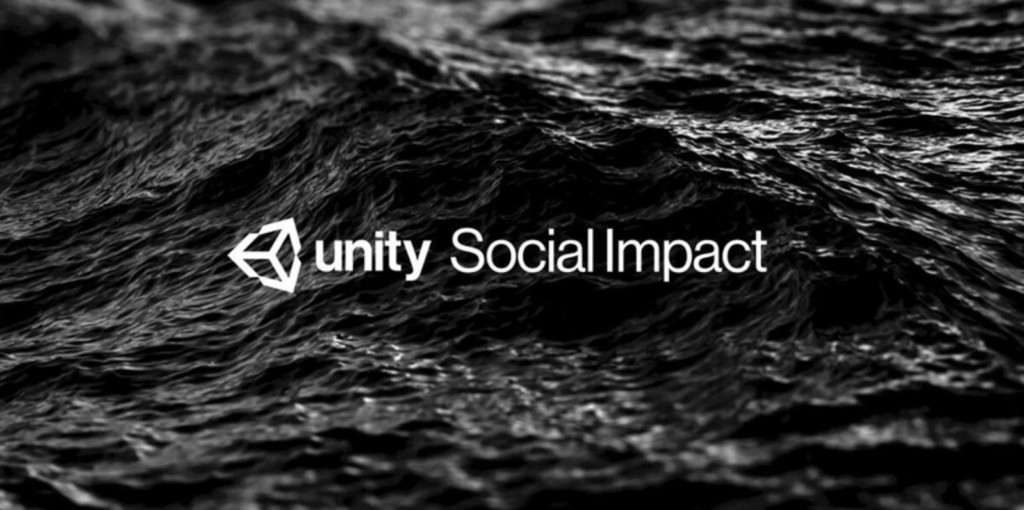

Healthy Individuals & Communities
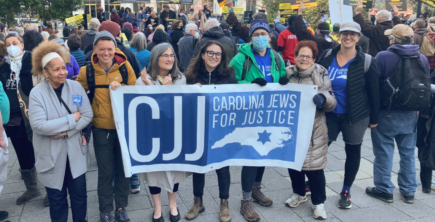
Our Community

Philanthropy

Read the stories and hear the voices of social change leaders fighting for justice.